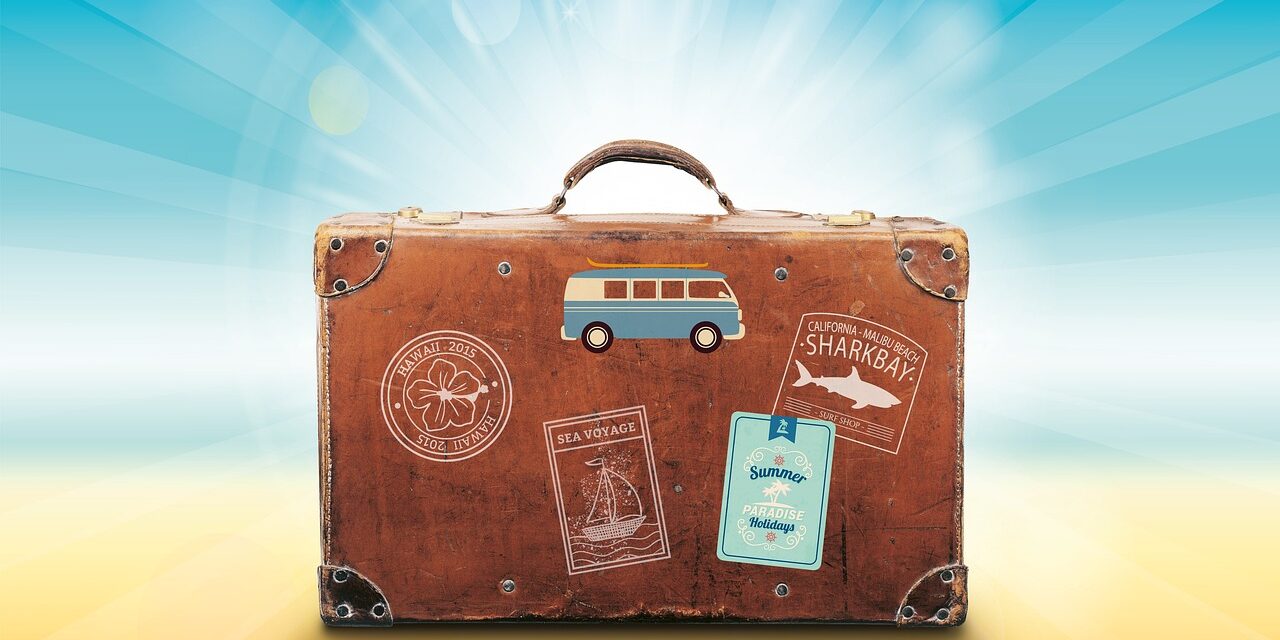It is usually preceded by a lot of excitement and anticipation, but a trip abroad can still be a nightmare if you don't follow the various regulations.
When traveling abroad, the special rules for excise goods, small animals and cash must also be observed, the National Tax and Customs Administration (NAV) announced.
To navigate between the rules, the destination must be taken into account, because different rules apply to trips within and outside the borders of the European Union (EU).
If someone is traveling between the member states of the European Union, there are generally no restrictions on the export and import of products bought for personal use or as gifts, but there are such goods as - endangered species of wild animals and plants, medicines, hunting weapons, alcohol and tobacco products, as well as the travel of pets – which are subject to restrictions and permits.
The NAV recommends that those receiving continuous medication should ask their doctor for a certificate, because they can only take the amount of medication prescribed by their family doctor on their trips to the Member States.
Within the EU, a pet can only accompany its owner abroad with a pet passport issued by a veterinarian responsible for the owner's place of residence.
Special rules apply to, among other things, endangered wild animal and plant species, their live and non-living individuals, as well as products made from them, including hunting trophies and preparations. Their import and export both in the Union and in third countries are basically prohibited or subject to a permit.
Unauthorized importation of certain ivory, tortoiseshell or exotic leather products that can be purchased as souvenirs can result in a conservation fine and up to three years in prison.
Individuals do not need a permit for the non-commercial transport of excise goods within the EU, such as alcohol, cigarettes, fuel, but they may be subject to quantitative restrictions.
When judging the non-commercial quantity, it is a limit - but not necessarily a decisive factor - for example, 800 cigarettes, 200 cigars, 110 liters of beer or, for example, 90 liters of wine or champagne.
In addition to the fuel in the factory fuel tanks of private cars and motorcycles, a maximum of 10 liters of fuel per vehicle can be imported and exported.
From the point of view of the import rules, it doesn't matter how you travel to Hungary from outside the EU: for example, 200 cigarettes, 16 liters of beer, 4 liters of wine, 16 liters of beer, and 4 liters of wine can be brought in duty- and tax-free by air over the age of 17.
With the exception of alcohol and tobacco products, various goods worth 430 euros by air and 300 euros by road and rail can be imported duty- and tax-free. For passengers under the age of 15 – regardless of the mode of travel – the value limit is 150 euros.
If our destination is outside the EU, the legislation of the destination country must also be observed during export. Hungarian diplomatic missions provide information on these rules.
You must also pay attention to cash: all passengers crossing the external borders of the European Union who have 10,000 euros or more in cash - even in different currencies - or equivalent cash substitutes must declare it in writing at the customs authority where enters or leaves the territory of the Union.
In addition to securities, bonds, shares, traveler's checks, gold coins with a gold content of at least 90 percent and gold bars, gold nuggets, and gold grains with a gold content of at least 99.5 percent are also included in the value.
The product purchased by a foreign passenger is exempt from VAT if it is taken out of the territory of the European Union as part of personal or travel luggage, according to NAV's announcement.
MTI












